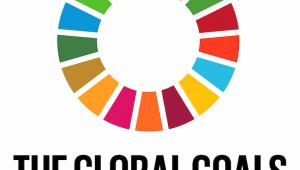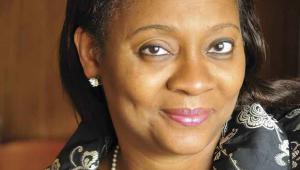The 2030 Agenda for Sustainable Development was finalised at the weekend after a two-year negotiating process.
It goes much further than the eight Millennium Development Goals (MDGs) set in 2000, as it addresses the root causes of poverty and the universal need for development that works for all people.
It comprises 17 goals, containing 169 targets, and will replace the MDGs, which end later this year.
Among the goals are commitments to achieve sustainable management of water sanitation, build resilient infrastructure, take action to combat climate change and strengthen global partnership for sustainable development.
Furthermore, its aims to sustain per capita economic growth in line with national circumstances and, in particular, hopes to achieve at least 7% of gross domestic product growth yearly in the least developed countries.
The UN also noted that the “positive” outcome of last month’s Financing for Development meeting in Addis Ababa was significant as it gave momentum to the last stretch of negotiation on the sustainable development agenda. As part of the finalised deal in Ethiopia, funds for the 2015-2030 development goals will be provided by rich countries. Donor nations agreed to set aside 0.7% of their gross national income for development aid.
However, the UN stressed that international public finance played an important part in regards to successfully mobilising public resources domestically in the poorest and most vulnerable countries.
The UN said: “We acknowledge also the essential role of national parliaments through their enactment of legislation and adoption of budgets and their role in ensuring accountability for the effective implementation of our commitments.
“Governments and public institutions will also work closely on implementation with regional and local authorities, sub-regional institutions, international institutions, academia, philanthropic organisations, volunteer groups and others.”
The new development agenda will be formally adopted by 150 world leaders next month at a UN Sustainable Development summit in New York and will come into effect on 1 January 2016.
UN secretary-general Ban Ki-moon said the MDGs had helped to raise more than 1 billion people out of abject poverty over the past 15 years, but he added that the next generation goals included a “universal, transformative and integrated agenda” that would pave the way for a “historic turning point for our world.”
“This is the People’s Agenda, a plan of action for ending poverty in all its dimensions, irreversibly, everywhere, and leaving no one behind,” Ban said.
“We are resolved to free the human race within this generation from the tyranny of poverty and want and to heal and secure our planet for the present and for future generations.
“We are determined to take the bold and transformative steps which are urgently needed to shift the world onto a sustainable and resilient path. As we embark on this collective journey, we pledge that no one will be left behind.”








